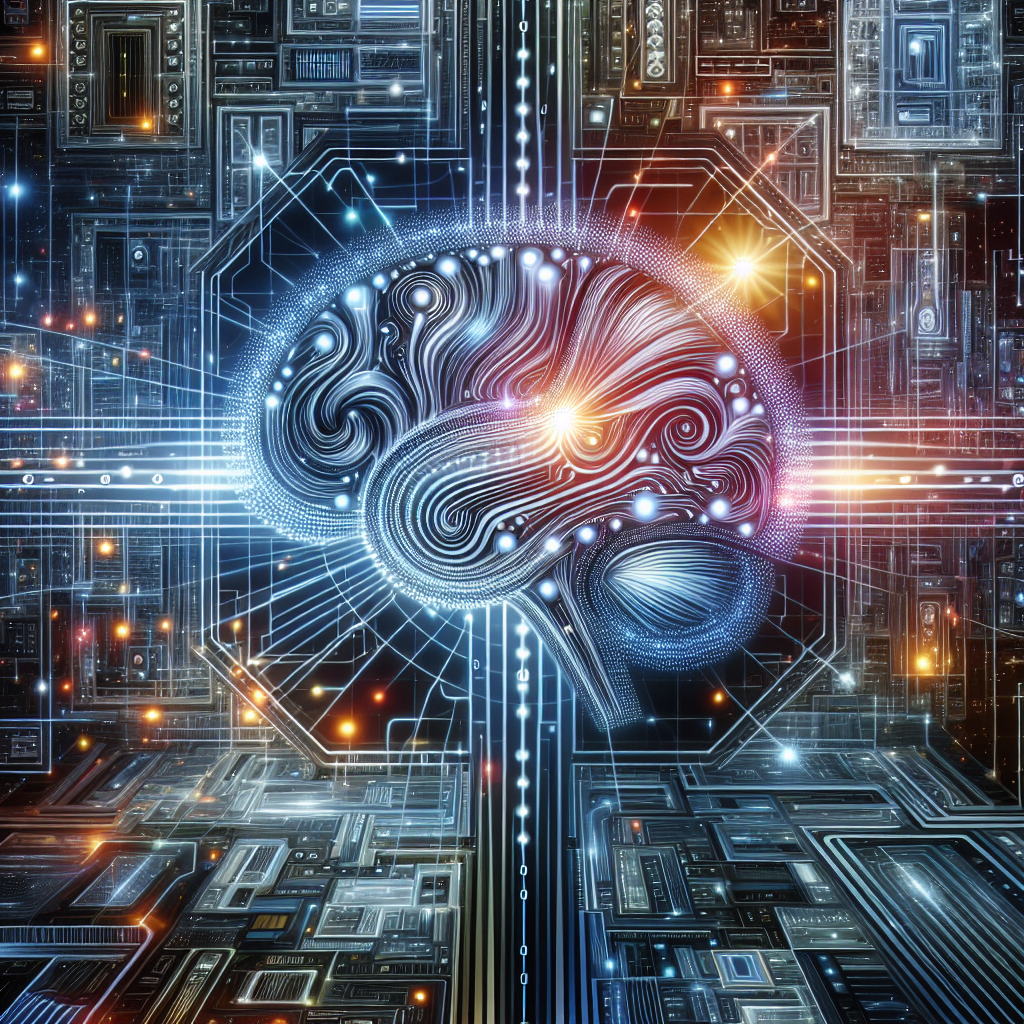Artificial General Intelligence (AGI) is a concept that has been the subject of much speculation and excitement in the world of technology. AGI refers to a type of artificial intelligence that possesses the ability to understand, learn, and apply knowledge across a wide range of tasks and domains, much like a human being. This level of intelligence goes beyond the narrow, task-specific capabilities of current AI systems, known as Artificial Narrow Intelligence (ANI). AGI has the potential to revolutionize the way we live, work, and interact with technology, making it a game-changer in the world of tech.
The development of AGI has been a long-standing goal in the field of artificial intelligence. While ANI systems have made great strides in recent years, they are limited in their ability to generalize knowledge and adapt to new situations. AGI aims to overcome these limitations by creating systems that can think and reason like humans, with the ability to learn from experience, make decisions, and solve complex problems across a wide range of tasks.
The implications of AGI are vast and far-reaching. From healthcare to finance, transportation to entertainment, AGI has the potential to transform every aspect of our lives. In healthcare, AGI could revolutionize the way we diagnose and treat diseases, by analyzing vast amounts of medical data to identify patterns and trends that human doctors may miss. In finance, AGI could help to predict market trends and make more informed investment decisions. In transportation, AGI could improve the safety and efficiency of autonomous vehicles, by enabling them to navigate complex environments and make split-second decisions.
One of the most exciting applications of AGI is in the field of creativity. AGI systems have the potential to generate original art, music, and literature, by analyzing vast amounts of existing works and synthesizing new ideas. This could revolutionize the entertainment industry, by creating new forms of media that are both innovative and engaging. AGI could also help to automate the process of design and innovation, by generating new concepts and prototypes for products and services.
Despite the promise of AGI, there are also significant challenges and concerns that must be addressed. One of the biggest challenges is the ethical implications of AGI, particularly in terms of privacy, security, and bias. AGI systems have the potential to collect vast amounts of personal data, which raises concerns about how this data will be used and protected. There are also concerns about the potential for AGI systems to exhibit bias, by reflecting the prejudices and assumptions of their creators.
Another challenge is the technical complexity of AGI systems. Creating a system that can think and reason like a human is a monumental task, requiring advances in a wide range of disciplines, from neuroscience to computer science. There are also concerns about the potential for AGI systems to become too powerful or autonomous, leading to unintended consequences or even existential risks.
Despite these challenges, the potential benefits of AGI are too great to ignore. The development of AGI has the potential to revolutionize every aspect of our lives, from healthcare to entertainment, finance to transportation. By creating systems that can think and reason like humans, AGI has the potential to solve some of the most pressing challenges facing society, from climate change to healthcare disparities.
In conclusion, AGI is a game-changer in the world of tech, with the potential to revolutionize the way we live, work, and interact with technology. While there are significant challenges and concerns that must be addressed, the promise of AGI is too great to ignore. By creating systems that can think and reason like humans, AGI has the potential to transform every aspect of our lives, from healthcare to entertainment, finance to transportation. The future of AGI is bright, and the possibilities are endless.
FAQs
Q: What is the difference between AGI and ANI?
A: AGI refers to artificial intelligence systems that possess the ability to understand, learn, and apply knowledge across a wide range of tasks and domains, much like a human being. ANI refers to artificial intelligence systems that are limited to specific tasks or domains, such as playing chess or recognizing speech.
Q: What are the potential applications of AGI?
A: The potential applications of AGI are vast and far-reaching, including healthcare, finance, transportation, entertainment, and more. AGI has the potential to revolutionize the way we live, work, and interact with technology.
Q: What are the challenges and concerns associated with AGI?
A: There are significant challenges and concerns associated with AGI, including ethical implications, technical complexity, and the potential for unintended consequences or existential risks. It is important to address these challenges in order to ensure the safe and responsible development of AGI.

